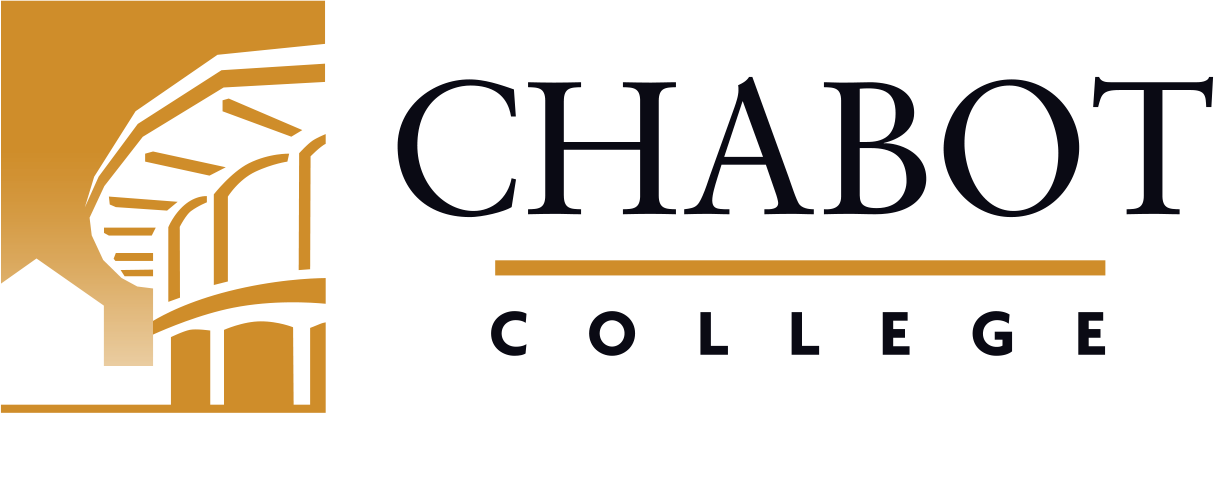
Course Outline for Sociology 1
Principles of Sociology
Effective: Fall 2022
SLO Rev: 12/21/2016
SLO Rev: 12/21/2016
Catalog Description:
SOCI 1 - Principles of Sociology
3.00 Units
Designed to illuminate the way students see their social world. Uses a sociological perspective: scientific study of human interaction and society, with emphasis on impact of groups on social behavior. Includes the systematic examination of culture, socialization, social organization, social class, race, gender, deviance, social change and empirical methodology. These content areas are woven throughout the fabric of the course, particularly as they affect the lives of at least three of the following groups: African Americans, Latinx Americans, Asian Americans and Pacific Islanders, Native Americans, Arab Americans and/or women.
2208.00 - Sociology
Optional
| Type | Units | Inside of Class Hours | Outside of Class Hours | Total Student Learning Hours |
|---|---|---|---|---|
| Lecture | 3.00 | 54.00 | 108.00 | 162.00 |
| Total | 3.00 | 54.00 | 108.00 | 162.00 |
Measurable Objectives:
Upon completion of this course, the student should be able to:
- understand and apply the sociological imagination to a variety of social phenomena;
- apply sociological concepts and delineate how society shapes people and people shape society;
- identify, understand, and explain the three major theoretical perspectives (functionalism, conflict theory, and symbolic interactionism);
- identify the major research methods utilized by sociologists;
- delineate the major substantive areas in sociology (e.g., race and ethnic relations, social stratification, socialization) and address the major issues of concern for each area;
- discuss the contributions made by a broad spectrum of sociologists including African American, Latinx American, Asian American, Native American and women;
- analyze the major institutions in U.S. society and how social forces impact upon one’s experience with these institutions dependent upon race, class or gender;
- distinguish between the study of the individual, i.e., psychology, and the study of sociology, i.e., the study of the group or groups.
Course Content:
- Introduction to Sociology
- The Sociological Imagination
- Historical Development of Sociology/Major Theorists
- Major Theoretical Perspectives
- Sociological Research Methods
- Variables, hypothesis, causality/correlation
- Different forms of data collection in sociology
- Culture
- Definitions of Culture
- Material and non-material culture
- Socialization
- Socialization, Norms, Roles
- Theories of Socialization
- Agents of Socialization
- Social Interaction and Roles
- Groups and Organizations
- Types of social groups
- The group as an element of social organization and social control
- Social Control and Deviance
- Different theoretical perspectives on deviance
- Crime and social control in society
- Social Stratification: Social Class
- Forms of Stratification
- Stratification in the U.S.
- Social Mobility
- Gender
- Social Construction of Gender
- Theories on gender
- Gender inequality
- Race and Ethnicity
- Social Construction of Race
- Different racial/ethnic groups in the United States
- Prejudice, Discrimination, Racism
- Social Institutions
- Definition
- Function/Issues
- Population, Urbanization, and the Environment
- Demography and population
- Enviornment and society
- Social Change
- Types of Movements
- Collective Action
Methods of Instruction:
- Audio-visual material selected from a variety of films and documentaries.
- Lecture/Discussion
- Group Activities
- Presentation
- Distance Education
Assignments and Methods of Evaluating Student Progress:
- Watch and analyze video clips using instructor prepared worksheets on topics including research methods, culture, deviance, social groups, crime, race, and social class
- Write a two-page paper on gender and advertizing
- Write a paper using C.W. Mills' Theory on the Sociological Imagination. Apply his ideas to their own lived experiences.
- Write a two-page paper on breaking a norm
- Write a paper on a racial/ethnic group and apply sociological theory to understand the group experience/perspective/history
- Quizzes
- Papers
- Oral Presentation
- Group Projects
- Final Examination
- Midterm Examination
- In-class demonstration of critical thinking in analyzing social processes
- Online Assignments
Upon the completion of this course, the student should be able to:
- Apply the sociological imagination as the lens for explaining and understanding human social interaction
- Compare, contrast and apply the three major theoretical perspectives (functionalism, conflict theory, symbolic interactionism) to social issues.
- Explain how society is stratified by social class, race, and gender.
Textbooks (Typical):
- Conley, Dalton (2019). You May Ask Yourself: An Introduction to Thinking Like a Sociologist W. W. Norton & Company, Inc.
- Griffiths, H. Keirns, N. Strayer, E. et.al. (2021). Introduction to Sociology, 2e Rice University.
Abbreviated Class Schedule Description:
An introduction to the study of sociology which includes an examination of major theories, research methodology, culture, socialization, deviance, social class, race, gender, and social change.
Discipline:
Sociology*